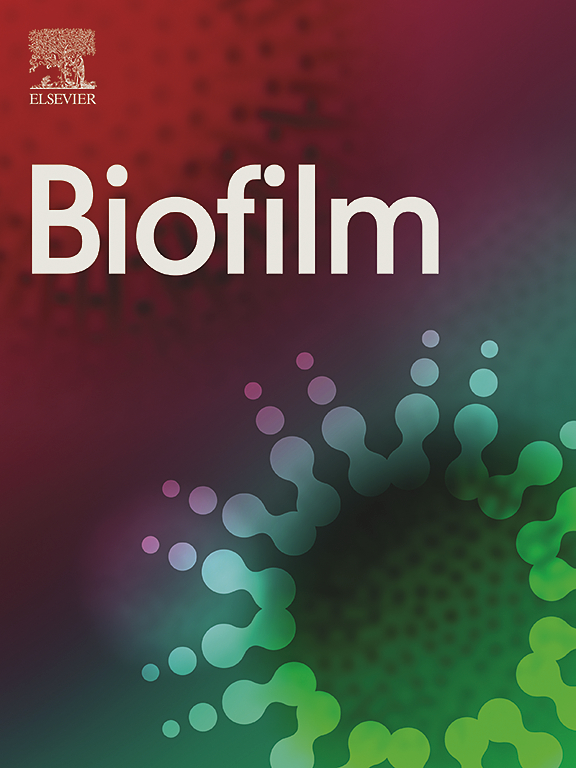Age-related and postmenopausal breast cancer progression and treatment management: The significance of pro-inflammatory cytokines and CXC chemokines
IF 6.9
2区 医学
Q1 BIOCHEMISTRY & MOLECULAR BIOLOGY
引用次数: 0
Abstract
Older age is one of the leading risk indicators for advanced breast cancer. It is critical to extensively investigate how aging affects breast cancer, considering the increasing rate of population aging. Human body aging and death are caused by cellular senescence and alterations in the aging microenvironment in vivo. Breast cancer cells may invade more easily with age due to the stiff extracellular matrix of the breast. Furthermore, growing evidence suggests that the massive release of inflammatory immune mediators, such as cytokines (interleukins) or CXC chemokines (CXCs), and their receptors (CXCRs), including interleukin (IL)-6, IL-8/CXCL8, tumor necrosis factor (TNF), interferon (INF), transforming growth factor (TGF), CXCL1, CXCL9, CXCL10, CXCL11/CXCR3, and CXCL12/CXCR4, plays a critical role in the development of breast cancer in elderly patients. Researchers are particularly interested in obesity-induced inflammation because it has been shown to raise the risk of breast cancer in postmenopausal women with higher body mass index. Obesity-triggered inflammation causes increased infiltration of proinflammatory cytokines, adipokines, immune cells, and tumor cells in the enlarged adipose tissue of postmenopausal women with breast cancer, thereby modulating the tumor's immune-mediated microenvironment. Therefore, in this review, we focus on the functional significance studies of proinflammatory cytokines, CXCs, and CXCRs and describe their roles in influencing breast cancer progression in older women and their factors, such as obesity in postmenopausal women. In addition, the current status and prospects of cytokine- and CXC-based theranostic interventions for breast cancer therapy in elderly and postmenopausal women are discussed.
年龄相关和绝经后乳腺癌进展和治疗管理:促炎细胞因子和CXC趋化因子的意义
高龄是晚期乳腺癌的主要危险指标之一。考虑到人口老龄化的加剧,广泛研究老龄化对乳腺癌的影响是至关重要的。人体衰老和死亡是由细胞衰老和体内衰老微环境的改变引起的。由于乳房的细胞外基质坚硬,随着年龄的增长,乳腺癌细胞更容易侵入。此外,越来越多的证据表明,炎症免疫介质,如细胞因子(白细胞介素)或CXC趋化因子(CXCs)及其受体(cxcr),包括白细胞介素(IL)-6、IL-8/CXCL8、肿瘤坏死因子(TNF)、干扰素(INF)、转化生长因子(TGF)、CXCL1、CXCL9、CXCL10、CXCL11/CXCR3和CXCL12/CXCR4,在老年乳腺癌患者的发展中发挥着关键作用。研究人员对肥胖引起的炎症特别感兴趣,因为它已被证明会增加体重指数较高的绝经后妇女患乳腺癌的风险。肥胖引发的炎症导致绝经后乳腺癌妇女脂肪组织中促炎细胞因子、脂肪因子、免疫细胞和肿瘤细胞的浸润增加,从而调节肿瘤免疫介导的微环境。因此,在这篇综述中,我们将重点关注促炎细胞因子、CXCs和CXCRs的功能意义研究,并描述它们在影响老年妇女乳腺癌进展中的作用及其影响因素,如绝经后妇女的肥胖。此外,本文还讨论了细胞因子和cxc为基础的治疗干预在老年和绝经后妇女乳腺癌治疗中的现状和前景。
本文章由计算机程序翻译,如有差异,请以英文原文为准。
求助全文
约1分钟内获得全文
求助全文
来源期刊

Genes & Diseases
Multiple-
CiteScore
7.30
自引率
0.00%
发文量
347
审稿时长
49 days
期刊介绍:
Genes & Diseases is an international journal for molecular and translational medicine. The journal primarily focuses on publishing investigations on the molecular bases and experimental therapeutics of human diseases. Publication formats include full length research article, review article, short communication, correspondence, perspectives, commentary, views on news, and research watch.
Aims and Scopes
Genes & Diseases publishes rigorously peer-reviewed and high quality original articles and authoritative reviews that focus on the molecular bases of human diseases. Emphasis will be placed on hypothesis-driven, mechanistic studies relevant to pathogenesis and/or experimental therapeutics of human diseases. The journal has worldwide authorship, and a broad scope in basic and translational biomedical research of molecular biology, molecular genetics, and cell biology, including but not limited to cell proliferation and apoptosis, signal transduction, stem cell biology, developmental biology, gene regulation and epigenetics, cancer biology, immunity and infection, neuroscience, disease-specific animal models, gene and cell-based therapies, and regenerative medicine.
 求助内容:
求助内容: 应助结果提醒方式:
应助结果提醒方式:


